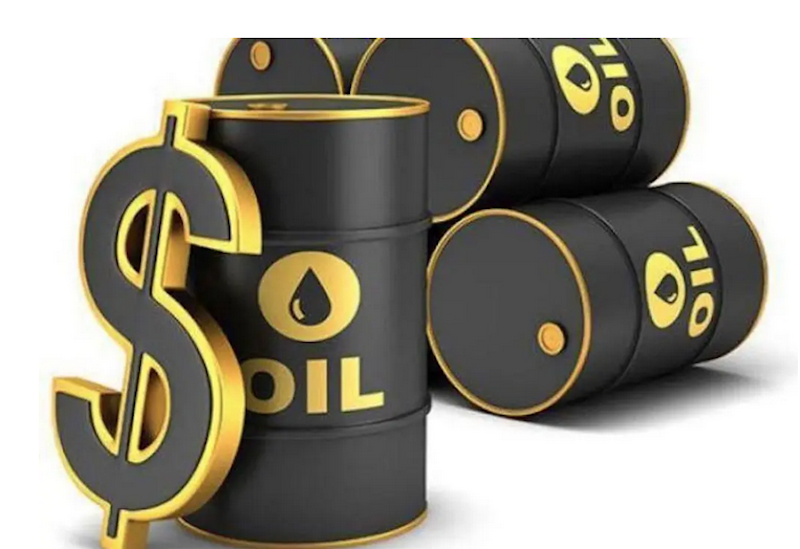
Concerns over the successful implementation of Nigeria’s 2025 budget grew over the weekend, as global oil prices dropped sharply to $59 per barrel, marking a 15.7 percent decline from this year’s peak of over $70 per barrel. This fall has sparked alarms, given that Nigeria’s budget was based on an oil price benchmark of $75 per barrel, along with an expected output of more than two million barrels per day (bpd), including condensate.
In its April 2025 report, the Nigerian Upstream Petroleum Regulatory Commission (NUPRC) revealed that the nation’s oil output for March 2025, including condensate, decreased slightly to 1.6 million bpd, down from 1.7 million bpd in February. This represents a shortfall of more than 300,000 bpd from the budget’s target.
The drop in oil prices follows President Donald Trump’s announcement of sweeping tariffs last Wednesday, which are expected to raise the effective U.S. tariff rate to its highest level in over a century, destabilizing global markets. This, combined with increased oil production and exports from various countries, has compounded the volatility in the global oil market. The Organization of Petroleum Exporting Countries (OPEC) and its allies, OPEC+, are set to phase out their voluntary output cuts in May, which will add an additional 411,000 barrels per day to global production.
Mazi Colman Obasi, the National President of the Oil and Gas Service Providers Association of Nigeria (OGSPAN), emphasized the need for Nigeria to look beyond crude oil to secure adequate foreign exchange. “The oil market has become very volatile due to factors beyond Nigeria’s control. The nation must diversify its revenue sources,” he said.
Olatide Jeremiah, CEO of Petroleum Price NG, also expressed concern, noting that the steep drop in crude oil prices could severely impact the execution of the 2025 budget. Farouk Ahmed, CEO of the Nigerian Midstream and Downstream Petroleum Regulatory Authority (NMDPRA), explained that while consumers benefit from falling oil prices, the nation’s economy suffers due to reduced revenue inflows.
The continued volatility in global oil markets, largely driven by unpredictable policies from the U.S. government, remains a major challenge. President Trump’s fluctuating tariff policies, particularly targeting China and other countries, have further destabilized investor confidence. This uncertainty has led to erratic trading in oil markets, with investors shifting strategies on a day-to-day basis.
Experts predict that this instability will persist, making it difficult to predict the future trajectory of oil prices and their impact on Nigeria’s economy. As the country grapples with these challenges, the urgency for economic diversification has never been clearer.


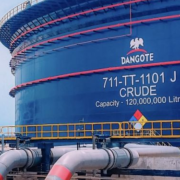


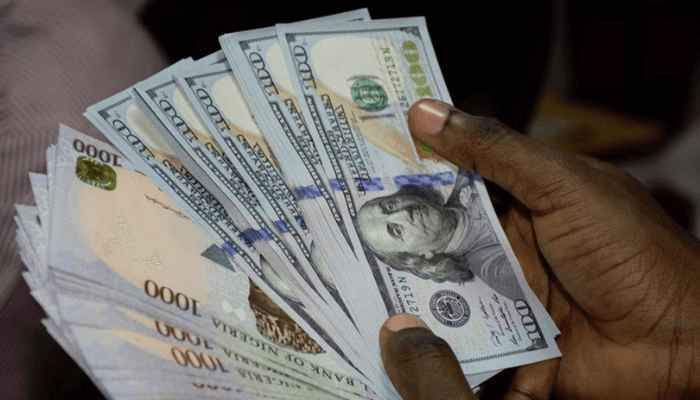

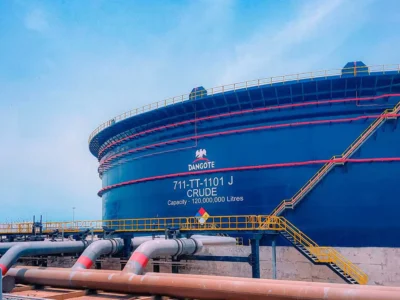

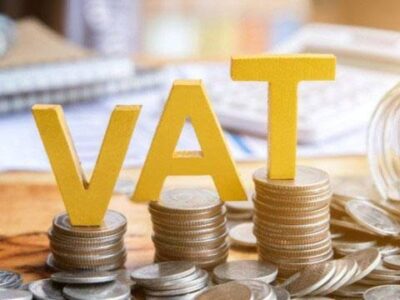


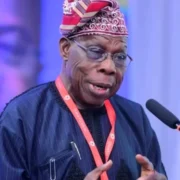
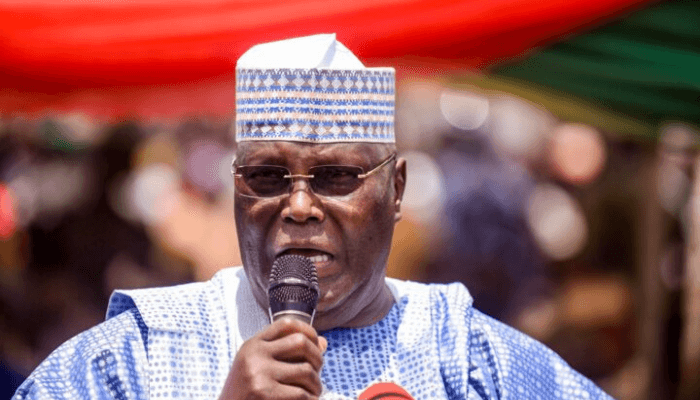









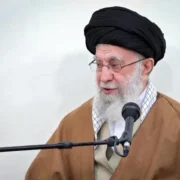
Comments